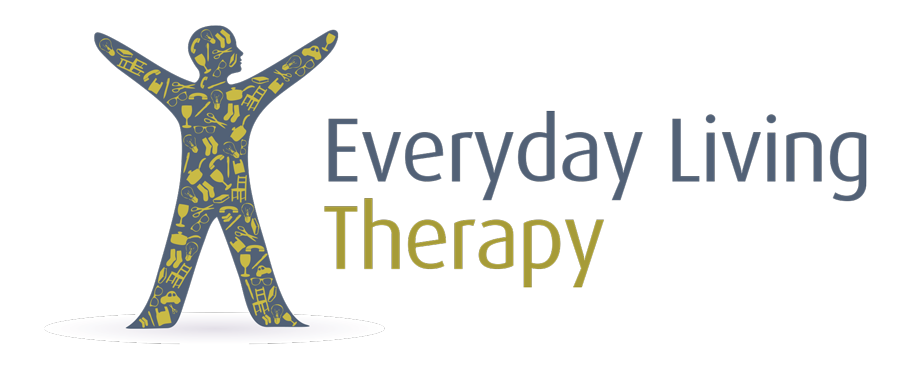Statistics show that:
- The incidence of Dementia is on the rise, as awareness grows, and people live longer.
- 69%-80% of people who have sustained moderate to severe traumatic brain injury suffer with memory problems.
- 40% of people who have sustained a mild brain injury also suffer with memory problems.
Have you ever been in a situation where you can’t remember something, whether it be an appointment, taking your medication or recalling the list of ‘jobs’ that you need to complete today or tomorrow or even next week?
I know that for many people this can be ‘just a bad day’, but for others memory difficulties can impact on your ability to work, complete daily tasks or be confident enough to meet your friends, relatives or even go out alone.
The science behind memory is complex. There are different kinds of memory commonly known as long-term and short-term memory. The efficiency of our memory can be impacted upon by factors such as poor hearing and/or sight, tiredness and stress.
Memorisation strategies such as goal management training, rhyme rehearsal, using numbers or the alphabet may be worthwhile. External strategies such as writing lists, using an alarm or timer, a smart phone or a simple notebook could also help.
It may be useful to seek advice from an occupational therapist to assess the impact of your memory on your function and support you in identifying the most effective strategy for you. If, however, you are concerned about your health and well-being, then you should seek medical advice in the first instance.
Armstrong J. et al (2012) External memory aid training after traumatic brain injury: Making it real. British Journal of Occupational Therapy 75 (12) 541-547.
Stalnacke B,et al (2007) One year follow-up of mild traumatic brain injury: cognition, disability and life satisfaction of patients seeking consultation. Journal of Rehabilitation Medicine 39 (5), 405-411.
